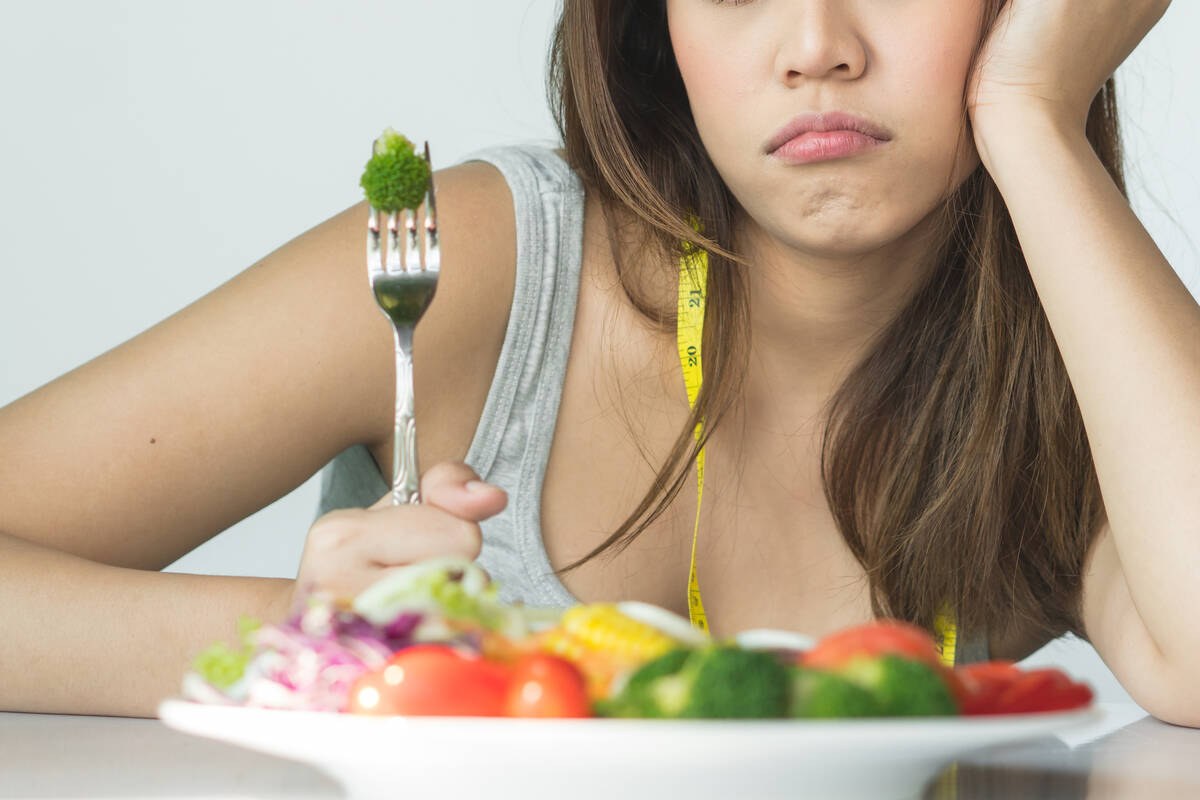Could fruits and veggies hold key to happiness?
It’s a lament I’ve heard many many times. “I know vegetables are good for me. I just don’t like to eat them.”
Fair enough. In fact, there is scientific evidence that proves how hard it is to get folks who dislike these foods to eat more of them. But don’t give up if you’re one of them. Here’s why:
In 2021, scientists from the Agricultural Research Service — the research arm of the U.S. Department of Agriculture — set out to test if feeding more vegetables to a person would entice that individual to continue eating more of these super healthful foods.
They based a study on previous findings that the more an overweight individual ate foods such as candy, cookies and chips, the more likely they were to continue that habit. So maybe the same would be true for eating more vegetables?
Not exactly. Volunteers in this study were overweight men and women who usually ate less than 1 cup of vegetables a day. For eight weeks, they were provided with the types and amounts of vegetables currently recommended by experts (between 2 to 4 servings a day). After this time, they were on their own for two more months to eat as they wished.
Results? When provided with the right amount and types of veggies, these participants did increase their intake of these foods. However, in the second part of the study when they were left to their own choices, they returned to their usual habits.
All was not lost, however. As part of this same study, these volunteers also completed a “happiness scale” in which they reported their feelings of contentment and pleasure through both arms of the study.
Lo and behold, these men and women had higher happiness scores when they ate the recommended amount of vegetables and lower scores when they didn’t. According to ARS research, these results “suggest that increasing the amount of vegetables you eat every day may benefit your mental health.” And that may be a good reason for us to think twice before refusing that beet salad.
Ready to take the challenge? Aim for at least 2 cups of different types and colors of vegetables every day.
According to the Centers for Disease Control and Prevention, these powerhouse vegetables are among those with the highest concentration of nutrients associated with keeping us well: leafy greens such as chard, beet and collard greens, spinach and leafy lettuce and cruciferous vegetables such as broccoli, Brussels sprouts, cabbage, kale and cauliflower. Others on the list include red peppers, pumpkin, carrots, tomatoes, winter squash and sweet potatoes.
^
Barbara Intermill is a registered dietitian nutritionist and syndicated columnist. Email her at barbara@quinnessentialnutrition.com.


















